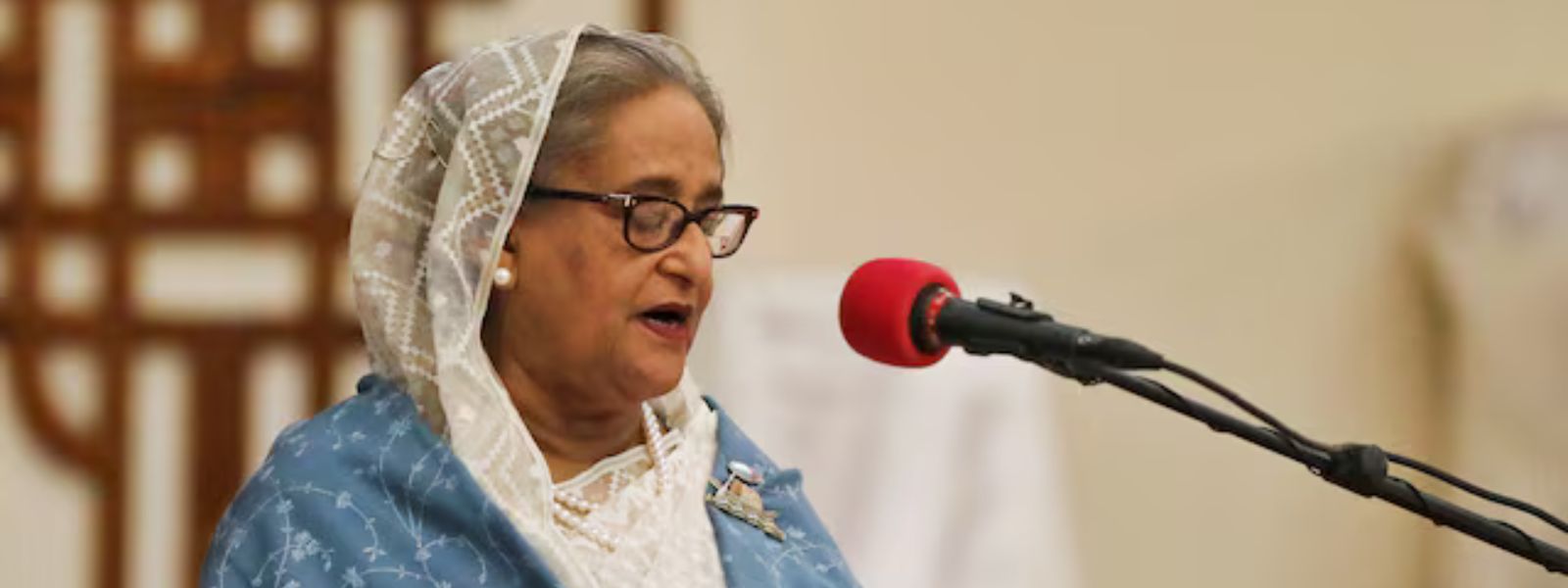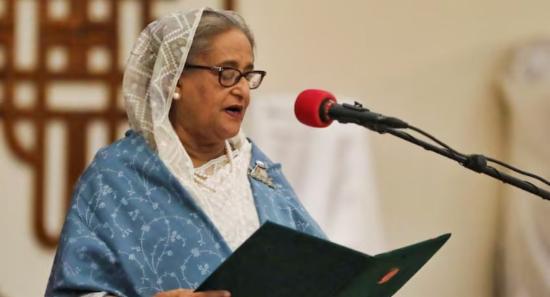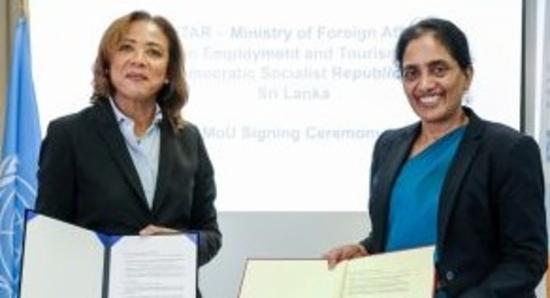.webp)

Bangladesh's Ousted PM Hasina Convicted in Students Crackdown Case
A Bangladesh court convicted ousted Prime Minister Sheikh Hasina of crimes against humanity on Monday, concluding a months-long trial that found her guilty of ordering a deadly crackdown on a student-led uprising last year.
The International Crimes Tribunal (ICT) was established in 2010 by Hasina’s Awami League government to prosecute people for atrocities committed during Bangladesh’s liberation war in 1971, when the country declared its independence from Pakistan.
While the tribunal fulfilled a longstanding national demand for accountability, it soon became one of the country’s most politically divisive institutions. Over the next decade, the ICT convicted and executed several opposition leaders, mainly from Jamaat-e-Islami and the Bangladesh Nationalist Party (BNP).
The executions of several top politicians drew criticism from global rights groups, which accused the tribunal of procedural flaws, rushed trials and selective targeting. Hasina’s government denied the allegations.
Despite the controversies, ICT remained one of Hasina’s most powerful judicial instruments – a court she created, expanded and heavily defended.
After her government was toppled in August 2024, the new interim administration reconstituted the tribunal to investigate the killings and abuses linked to the government crackdown on protesters. In an unprecedented reversal of roles, the court Hasina created just tried her as well as the former home minister and police chief for crimes against humanity.
Source: Reuters / Al Jazeera
Other Articles
Featured News





.png )


-815373_550x300.jpg)
-815367_550x300.jpg)

-815105_550x300.jpg)





-812087_550x300.jpg)
-810262_550x300.jpg)
-809496_550x300.jpg)

















.gif)